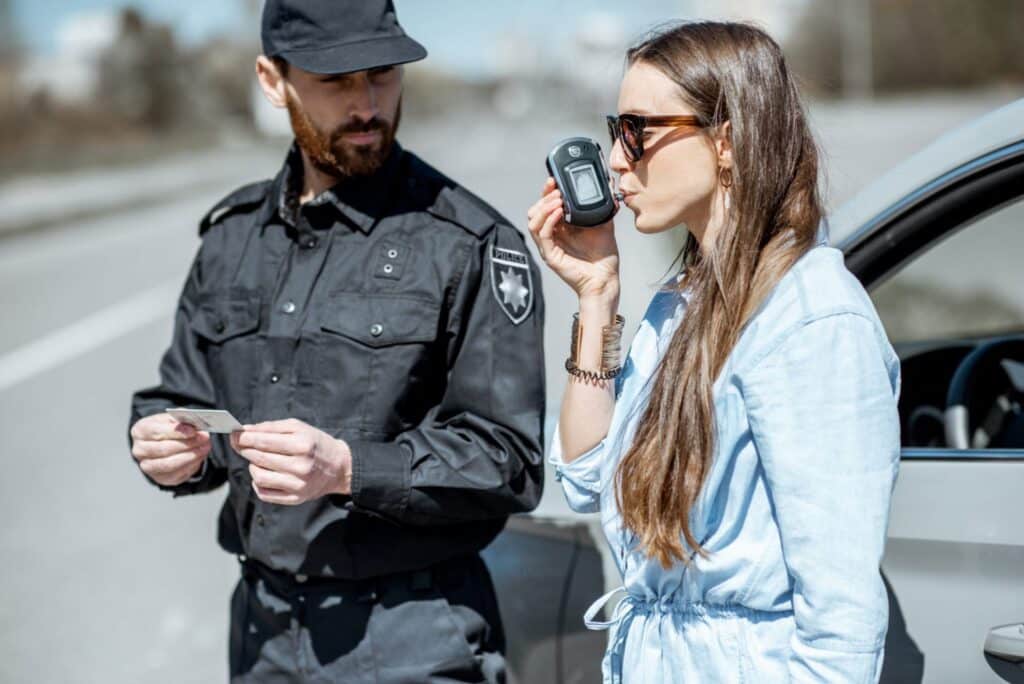While breathalyzers are a core aspect of how police officers in Maine and elsewhere in the U.S. enforce operating under the influence (OUI) laws, they are easily manipulable and dangerously unreliable. Unfortunately, they are also seen as highly reputable sources of OUI evidence by prosecutors, police, and many jury members, making breathalyzer results crucially important if you’ve been arrested and charged with OUI. Worse, if a breathalyzer says you have a blood alcohol content (BAC) of 0.08% or above, it’s a per se violation of the law, making it difficult to defend against drunk driving allegations.
This is why a breathalyzer’s results should be scrutinized for any sign of a potential error, including an erroneously high reading that comes from you having an increased body temperature.
Your Body Temperature Can Fluctuate
Breathalyzers assume that your breath that is 98.6 degrees Fahrenheit – the average body temperature of a human being. However, while the alcohol solution standard for the Intoxilyzer 8000 is kept at a constant 34 degrees Celsius (98.6 degrees Fahrenheit), a person’s breath temperature can fluctuate greatly because the human body isn’t a closed system.
However, 98.6°F is just the average body temperature of a person: Some people have body temperatures that tend to be higher, while others have body temperatures that tend to be lower. Additionally, a single person’s body temperature can fluctuate by as much as 1.8°F over the course of a single day. It can also go much higher if you’re sick, under significant stress, or if you’ve just exerted yourself.
Higher Body Temperatures Equal Higher BAC Readings
The impact of elevated body temperatures on breathalyzer readings had been known as early as 1985.
In a paper from that year, a professor of Physiology and Biophysics at the University of Washington, Dr. Michael P. Hlastala, pointed out that breathalyzer readings could be inaccurate by 6.5% as a result of a 1.8°F increase or decrease in body temperature. While this might not sound like much, it can increase a breathalyzer’s readings just enough to put you over the legal limit and saddle you with a criminal charge for operating under the influence that you did not deserve.
Maine OUI-Defense Attorneys at Maine Criminal Defense Group
OUI crimes are rife with practical evidentiary issues like this. However, prosecutors, police, and politicians turn a blind eye to these problems and cover their ears to the injustice that it creates when an innocent person gets arrested, charged, and sometimes even convicted based on evidence that is wholly unreliable. They would rather have the superficial convenience that breathalyzers bring to OUI enforcement than the headaches of finding new kinds of evidence that a driver is under the influence.
This makes having an OUI-defense attorney crucial if you’ve been arrested and charged for OUI in Maine. BAC evidence from a breathalyzer is not only admissible in court against you; it is one of the most sure-fire ways to get a jury to convict you. Challenging the breathalyzer reading on all fronts is a necessity if you’re taking your defense seriously.
Call William T. Bly at the Maine Criminal Defense Group Office for the legal help you need at (207) 571-8146 or contact him online.


